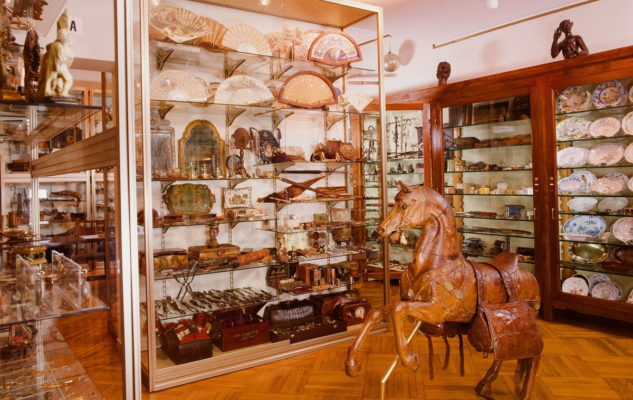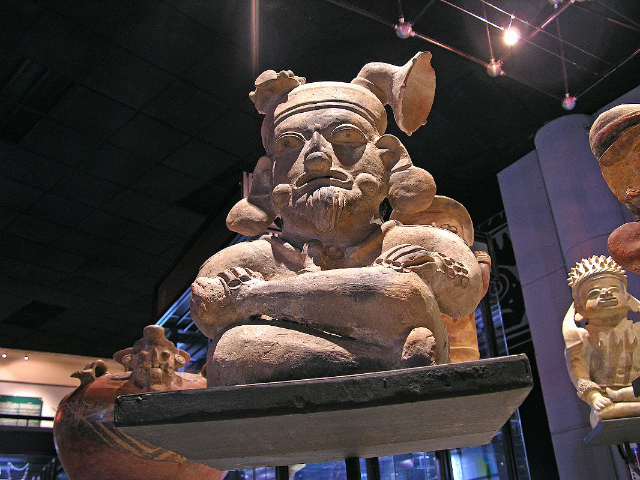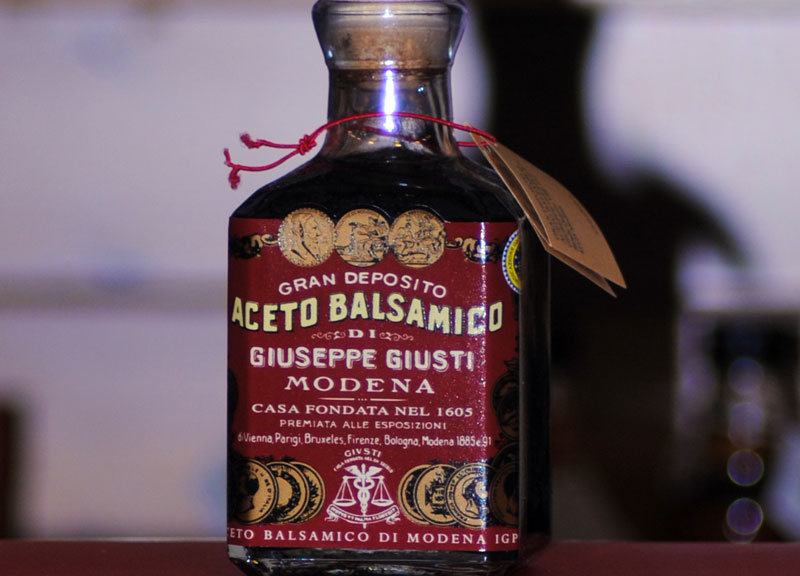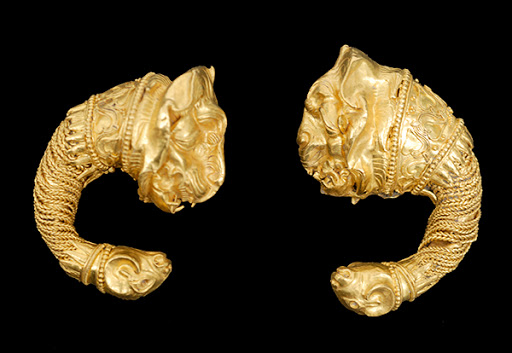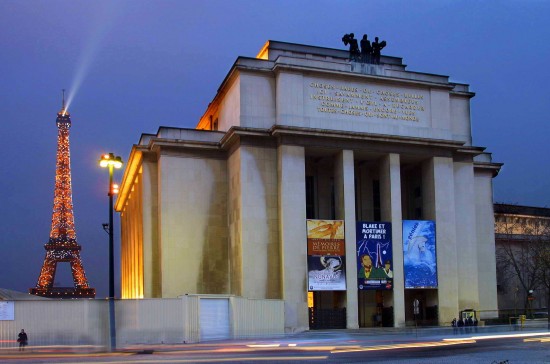"Civilization instinct passion sensitivity study …daneé" you can read at the entrance of the rooms of the collection. Since 2003, when Emilio Carlo Mangini passed away, none of his more than 3600 objects have been touched. Housed in an elegant Milanese palace, the museum exhibits a vast collection organized in 41 sections that includes, in addition to the furnishings that adorn the five floors of the house – partly owned by the family – trunks, playing cards, fans, weapons, games, archaeological objects and other memorabilia.
Emilio Carlo Mangini collected almost everything: the only reason was that ancient objects were of daily use, as common and ordinary when they were produced as extraordinary today. Massive seventeenth-century stone squeezers, salt grinders, birth and dentist chairs, rocking horses, nineteenth-century portable toilets, French moustache-saving cups, convent bells, a French hurdy-gurdy, eighteenth-century male and female clothing, crucifixes concealing daggers, a collection of ceramic shaving basins and a collection of "personalized" walking sticks that hide everything inside: blades, a domino, clocks, compasses, powder kegs, cigarette cases, dice, sewing services, a flute, a fishing rod.
Canned games of the eighteenth and nineteenth centuries, hand-drawn playing cards, 700 urns to vote for, cutlery of the Savoy 500 and kitchen tools of all ages, pocket watches and water clocks, relics, chests, caskets, presses for the handmade production of wafers. An autographed fan on each cue from a character present at the lunch of the writer Irene Sironi, aunt of the collector: among others, the signatures of D’Annunzio, Eleonora Duse and Puccini can be recognized. Even a case containing a lock of madame de Pompadour’s hair and a certified copy of Napoleon’s will.
